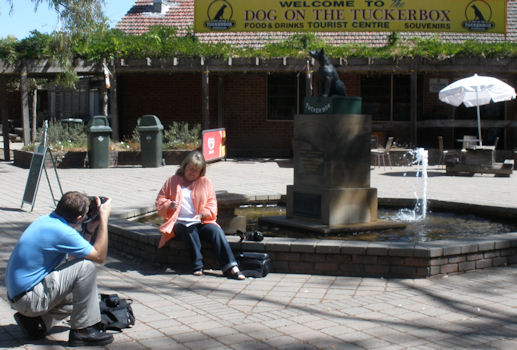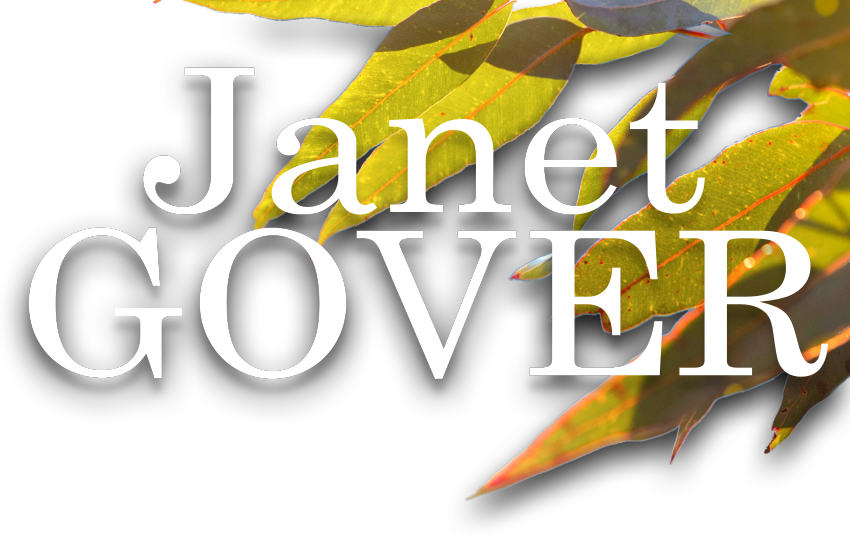
Yesterday I led a media workshop for the London Chapter of the Romantic Novelists Association.
The chapter’s theme for this year is ‘Sisters are doing it for themselves’ and my contribution to the theme was to draw on my years working in the media to talk about how authors can use the media to help promote themselves and their books.
Given the changes in publishing, there is less money for promotions – and mostly that gets spent on big name authors. Therefore we authors are increasingly taking on responsibility for marketing ourselves and our books – and a huge part of that is working with the media.
The media too is changing. Most people used to get their news by reading newspapers or watching TV. Increasingly now people are turning to the web for that information. This allows them to select not only the time that suits them to read the news – but also allows them to search the site and read just those things that interest them.
Sadly, there are fewer local TV and radio programmes around now, mostly due to budget cutbacks. There are still many local and regional newspapers and magazines and there’s not just the printed page to aspire to… all media outlets now have websites, and carry stories on there that might not make the broadcast or the printed page. There is also an increasing number of small media outlets – independents – who might be happy to hear from us. For example : http://www.hbauk.com/ who provide entertainment for hospitals. Anyone who has ever spent time in a hospital will agree that a good book is often the only thing saving you from dying of boredom. What better place to go and talk about our books.
Media outlets just don’t have the resources – and by that I mean staff – they used to have to go out and chase stories. They will be using those resources on the ‘hard’ news stories – political issues, crime etc. If we want to attract coverage four our ‘soft’ news items – that is our books – we need to make it easy for them (and I say that with no disrespect). We also need to make it attractive to them.
In one thing we and the media outlets are alike – we want the stories they do to attract a bigger audience for our book …. They want the stories they do to attract a bigger audience for their paper, or website or tv or radio programme.
We are not crooked politicians – our relationship with the media is not adversarial. It can be symbiotic – or at least friendly.
And it all starts with your press release.
Like a job application (which in some ways it is) your press release should be tailored to suit the recipient. Don’t send the same press release to a local newspaper as you might send to a regional radio station. They are two different media markets and are looking for different angles – or if you prefer, two different hooks.
Ah yes – the dreaded “hook”.
As writers, we are always looking for that “hook” for our novels – that something in the first few pages that will make the reader want to keep going. A media story is no different – except you have a few words, not a few pages.
The hook is the newspaper headline or TV promo line…
“Author writes book” doesn’t cut it. We are authors, writing books is what we are supposed to do.
“Local shopkeeper launches literary career.” This might work for a local newspaper – but won’t work for a regional outlet.
“50 Shades of Surrey – authors unveils sex in the suburbs.” This is getting better. And yes, it is jumping on the 50 Shades bandwagon. Don’t be ashamed to do that. Media outlets do it all the time. If you do it for yourself, you can do it the way you want. If you don’t do it, they might do it for you in a way you don’t like.
Think of the subject matter of your book and target media accordingly. If the book is set around a home for stray dogs, send a press release to Your Dog magazine – “Rescued dogs inspire Author.”
Now we have their attention.
Think about holding an ‘event’ – involving not just yourself but others as well. This increases the chances of getting some media coverage. At the risk of sounding cynical, kids are great – kids’ parents buy newspapers with the kids in them. Your book revolves around a pony club – hold the launch at the local pony club while there are kids and ponies about.
Which brings me to the subject of visuals. You need to think of visuals. And that doesn’t just apply to TV (although obviously it’s important for them.) If your book is about a dog rescue centre – launch it at the local dog rescue centre which inspired you. It’s not hard to see the potential for nice images for a newspaper page (maybe even the front page) or for TV or the web.
However you try to attract media attention – you are going to need a press release.
It should look a bit like this…..
The Hook
(in big letters – this is the headline….)
The Lead Par
(Some key details about the event or the story)
If it is an Event: What, where , who, why and what visual opportunities there are. If there’s any chance of dragging a celebrity along to your event – go for it. Where celebs go – the press follows.
The Story.
Write about 200 words on your story. Think of this as a pitch to an editor.
Contact Details:
Name, phone (s) , e-mail, website, other social media – as a list.
Fact Sheet.
All relevant facts about the author, the book, the event, the people involved. These can be presented in bullet points.
As you write your press release, look at the media outlets you are trying to target – angle the story to suit each one. Then get it out there – with a few days’ notice. You can e-mail or send hard copy. That’s better than phoning. While it might be acceptable to call once on the day to see if they are coming – don’t call to often or send the press release every day for a week. That makes you a crazy stalker person and that’s not going to help.
If you are lucky enough to attract some media attention – be friendly towards them. Remember that they are just doing their job. The more you are able to be helpful and prepared and co-operative, the better the story is going to be. It would be foolish to say you will never get a bad story or a bad interview — but it is equally foolish to say, as some do, that all journalists are bad and “make stuff up”. There are good and bad in every profession. And sometimes the errors in the story are an honest mistake, and sometimes they are beyond the reporter’s control.
If you get a good story – say thank you. This will help establish a relationship and increase your chances of getting some more coverage next time.
If you get a bad story – just live with it. Unless there is something deserving of legal action, write it off to experience And try again next time.
Speaking of next time – part two of the workshop looked at interview techniques – the dos and don’ts of radio and TV interviews. I’ll be posting some notes of that next Sunday… drop by and I’ll tell you what Jennifer Lopez got terribly wrong in the last interview she did.

Comments
8 responses to “A media workshop”
Hi Janet,
I couldn’t make the workshop yesterday but I will read your notes thoroughly.
This is perfect timing as I’m doing PR in the run up to publication of my debut novel on 1 March.
Thank you!
I’m glad it’s good timing for you. Good luck with the book. I’ll be posting some tv and radio hints next week. Do come back for those.
Janet X
A very interesting and useful blog, Janet. I’m looking forward to reading the write-up of the rest of your talk. I was so sorry not to be able to make your talk yesterday and this is (almost) making up for it.
Liz X
Hi Liz,
We missed you. Hope to see you soon. J X
Hi Janet 🙂
Attended my first Chapter Meet yesterday (NWS) and found your workshop very interesting and informative. I’m a long way off having to deal with the media at the moment, but, I will definitely keep your advice in mind for the future.
Thanks again.
Vikki x
Hi Vikki,
It was good to see you at the meeting. So many new faces – and all very welcome. The chapter is not just fun – it’s a group of really supportive and helpful people. I look forward to seeing you there again.
Janet
Hi Janet,
Thank you for a great afternoon. I thoroughly enjoyed your workshop. Working in the media, and also having been a ‘victim’ because of a feature I wrote for the Guardian being syndicated, then mutilated by another daily national paper, I have had first hand experience of how to cope. Back then I wept when Jeremy Vince called me a silly woman on his radio show. However, there is always a plus side. I learned how to handle editors and I made some useful contacts with radio producers who now hire me to speak on a variety of subjects.
Regards,
Elaine
Hi Elaine,
I am very glad you enjoyed the workshop. What a horrible man to speak like that about you on air… but they say what doesn’t kill us… 🙂 As you say, there is always a plus side – and it’s great when we can take advantage of bad experiences like that.
Hope to see you at the London meeting again.
Janet